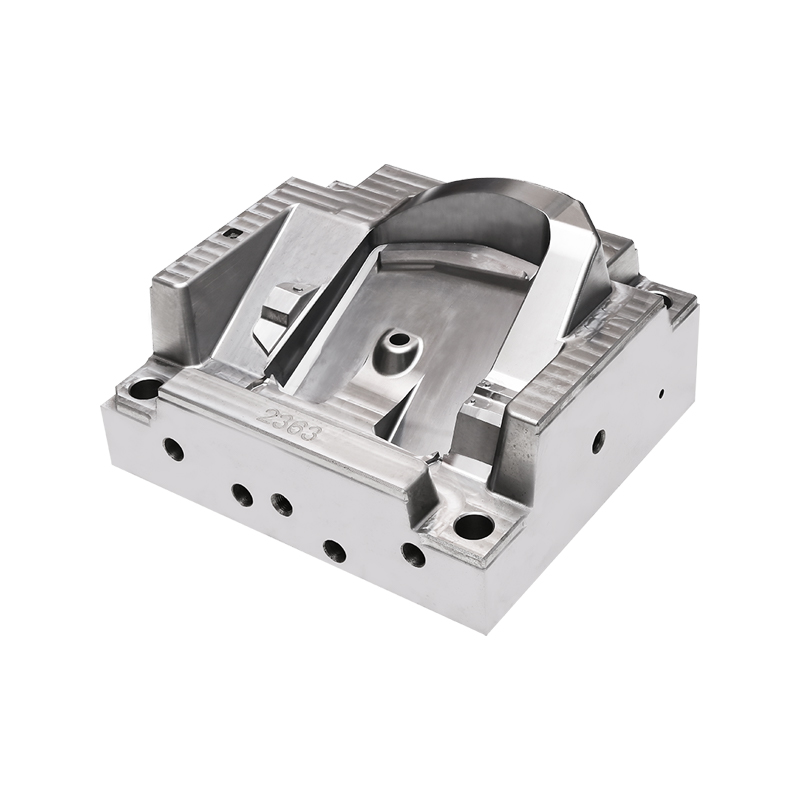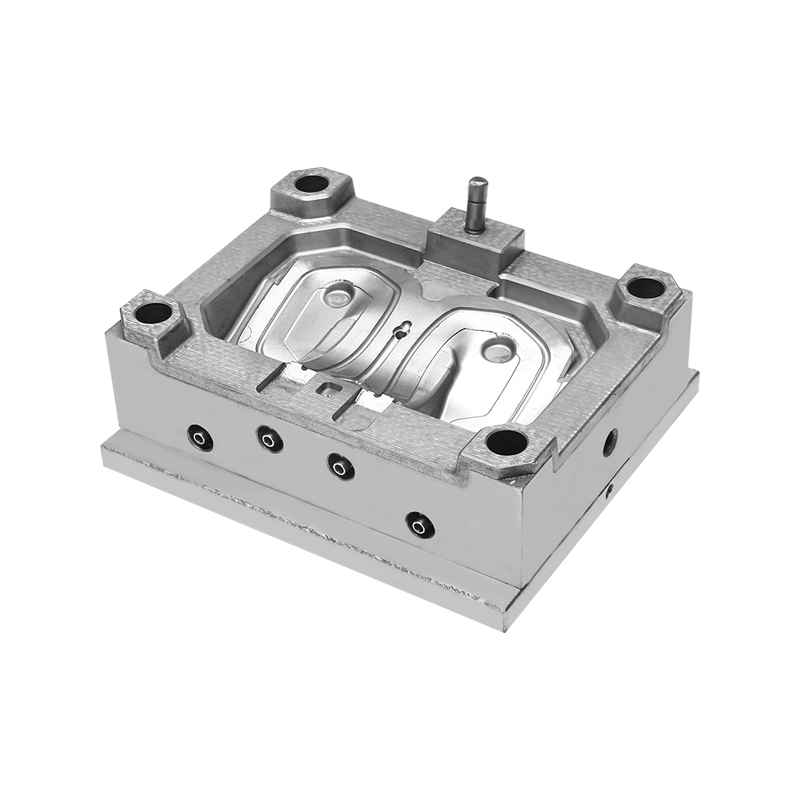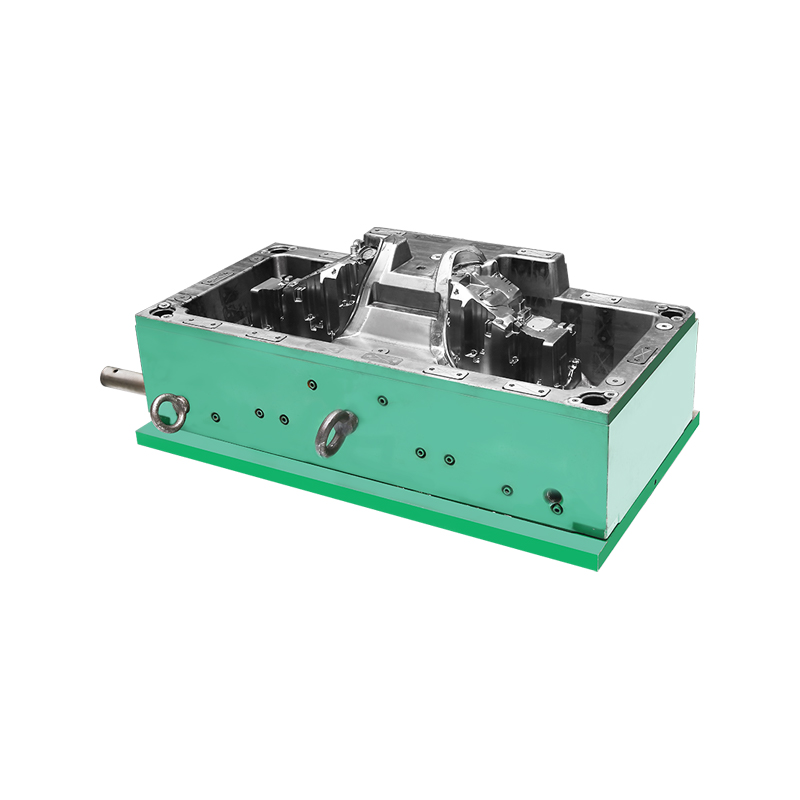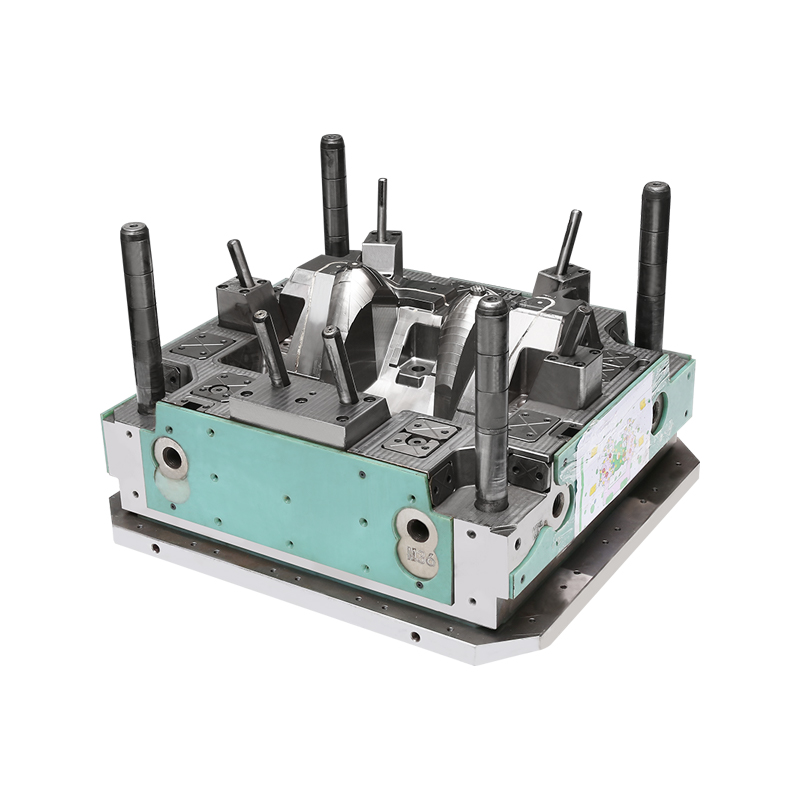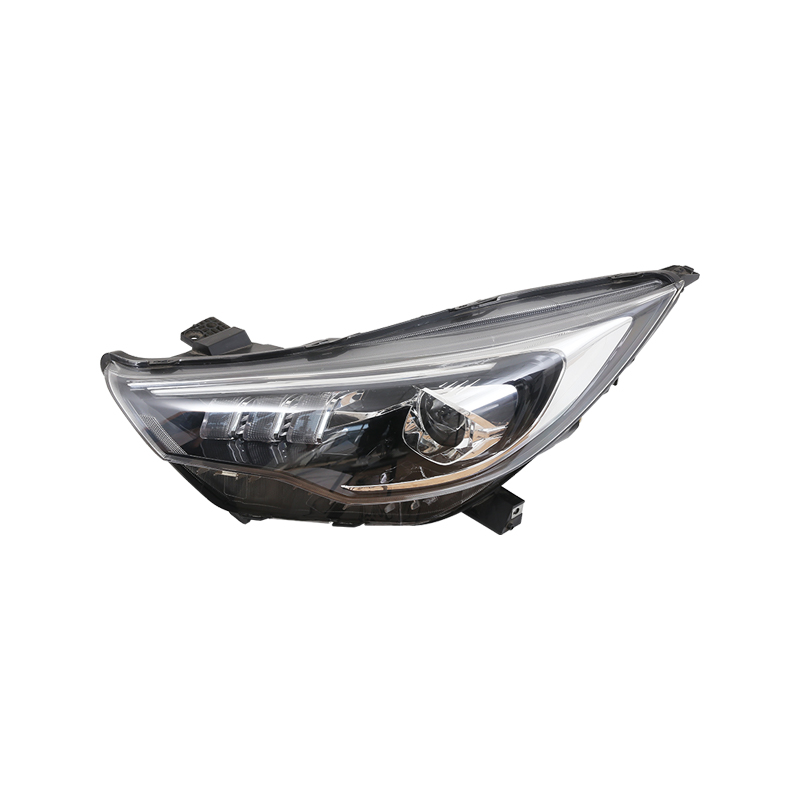The automotive industry is continually evolving, with manufacturers constantly seeking to enhance the functionality and aesthetics of vehicles. One critical component in this endeavor is the car lamp housing mould, a specialized plastic mold used to produce car lamp housings. These molds play a pivotal role in ensuring that car lamps are both durable and visually appealing. However, understanding the pricing of car lamp housing mould plastic molds can be complex due to various factors influencing their cost. This article delves into the key elements that affect the price of these molds and provides insights into what consumers and manufacturers should consider.
Material Costs
The primary factor influencing the price of car lamp housing mould plastic molds is the cost of materials. High-quality materials such as hardened steel or aluminum are commonly used in the construction of these molds due to their durability and resistance to wear and tear. The choice of material significantly impacts the mold's longevity and performance. While opting for premium materials can increase the upfront cost, it often results in a longer-lasting mold, reducing the need for frequent replacements and thus saving money in the long run.
Design Complexity
The complexity of the mold design is another critical factor affecting the price. Car lamp housing designs can vary significantly, from simple shapes to intricate patterns that require detailed and precise molding. More complex designs necessitate advanced engineering, sophisticated tooling, and longer production times, all of which contribute to higher costs. Additionally, custom designs tailored to specific vehicle models or customer preferences can further elevate the price due to the specialized work involved.
Manufacturing Process
The manufacturing process itself plays a significant role in determining the cost of car lamp housing Plastic Mold Maker. High-precision manufacturing techniques, such as CNC (Computer Numerical Control) machining, ensure that the molds are produced with exact specifications and minimal errors. However, these advanced techniques come at a higher price due to the technology and expertise required. Other processes, like injection molding and finishing treatments, also add to the overall cost, especially when high standards of quality and precision are maintained.
Mold Size and Weight
The size and weight of the Plastic Mold Maker are practical considerations that influence the cost. Larger molds require more material and longer production times,bring about higher expenses. Similarly, heavier molds may incur additional costs related to handling, transportation, and installation. Manufacturers must balance the need for robust, durable molds with the practicalities of production and logistics to manage costs effectively.
Production Volume
The anticipated production volume of car lamp housings also impacts the mold price. For high-volume production runs, manufacturers often invest in high-quality, durable molds that can withstand repeated use without significant wear. While the initial cost of such molds may be higher, the cost per unit produced decreases with volume, making it a cost-effective option in the long term. Conversely, for lower production volumes, manufacturers might opt for less expensive molds, accepting a shorter lifespan and potentially higher per-unit costs.
Labor and Expertise
The expertise and labor involved in creating car lamp housing Plastic Mold Maker are crucial factors that affect pricing. Skilled engineers and technicians are required to design, produce, and maintain these molds. The level of expertise and the wages of these professionals contribute to the overall cost. Additionally, geographic location can influence labor costs, with molds produced in regions with higher labor costs generally being more expensive.
Quality Control and Testing
Ensuring that car lamp housing Plastic Mold Maker meet stringent quality standards is essential, and the processes involved in quality control and testing add to the cost. This includes rigorous inspections, material testing, and trial runs to verify that the molds produce components that meet the required specifications. Investing in thorough quality control helps prevent defects and reduces the risk of costly recalls or production delays, ultimately providing better value despite the higher initial cost.

 English
English 中文简体
中文简体 русский
русский Español
Español
